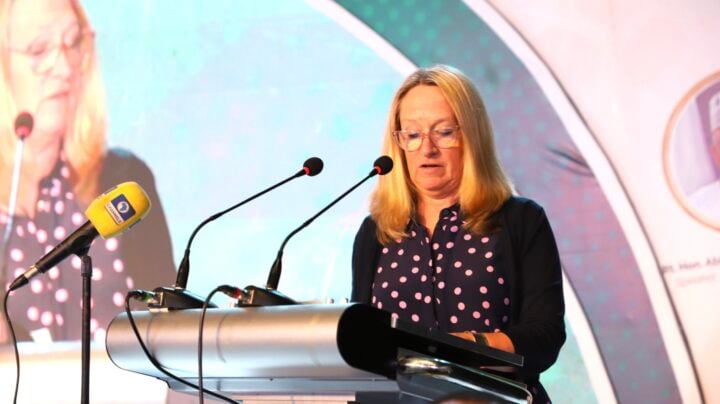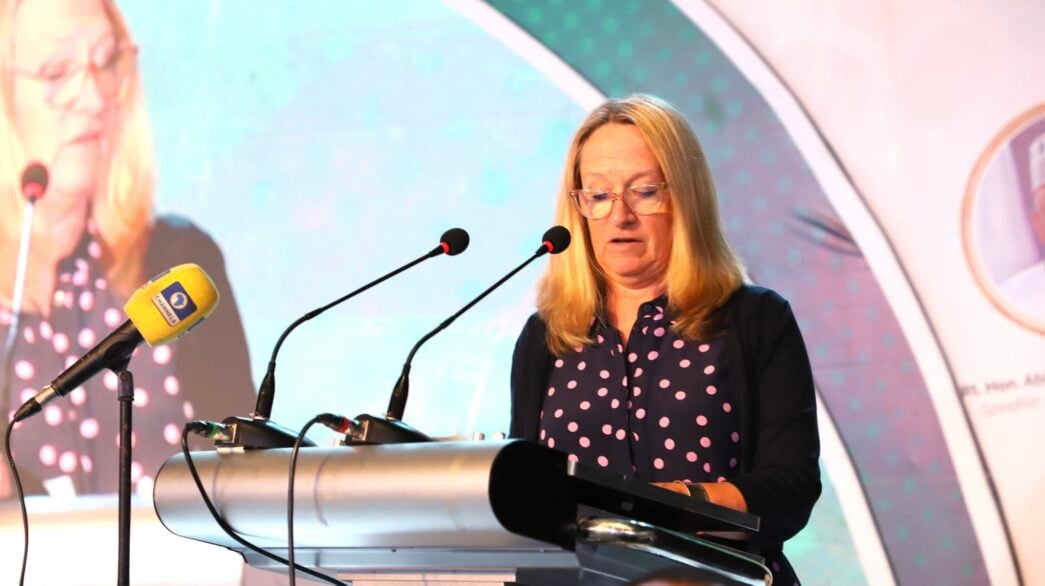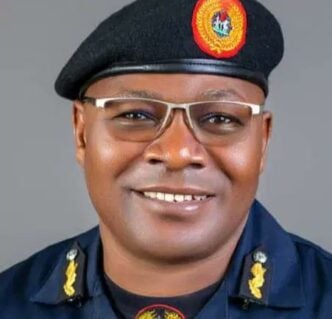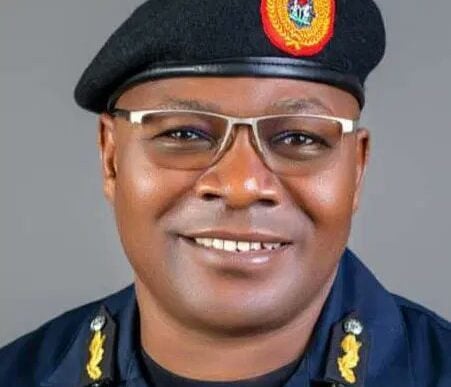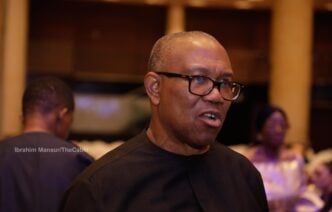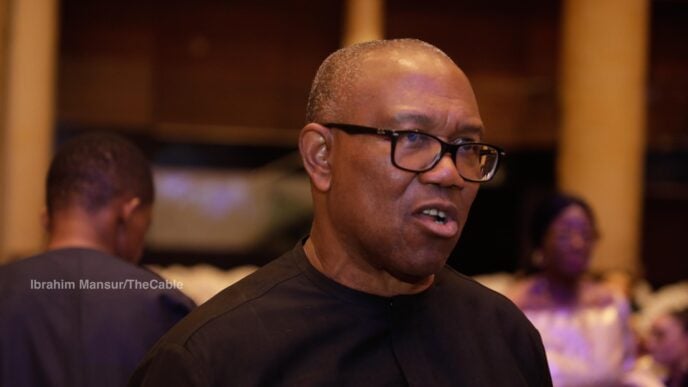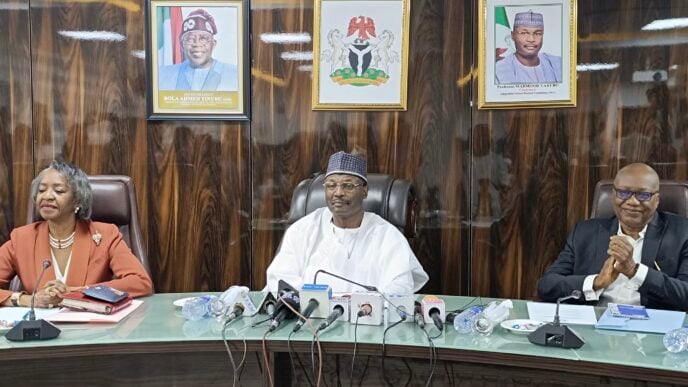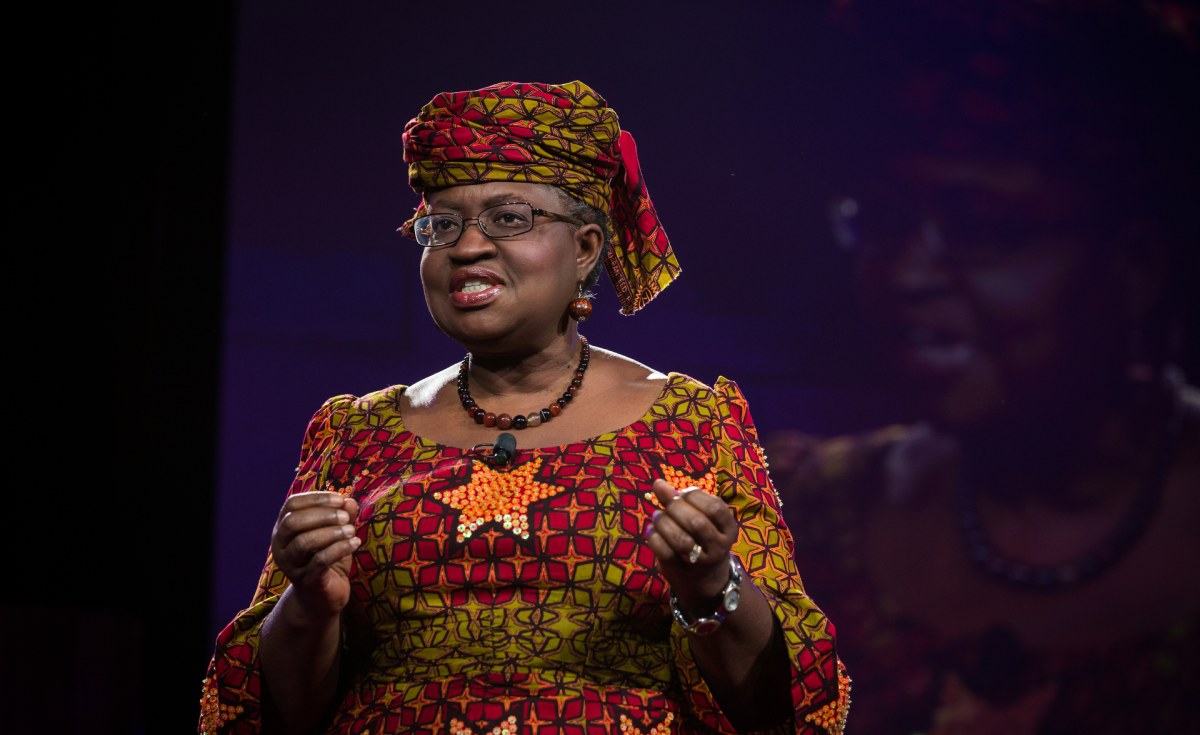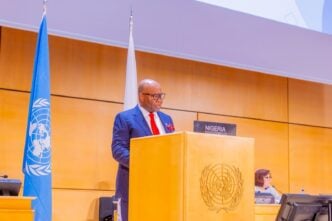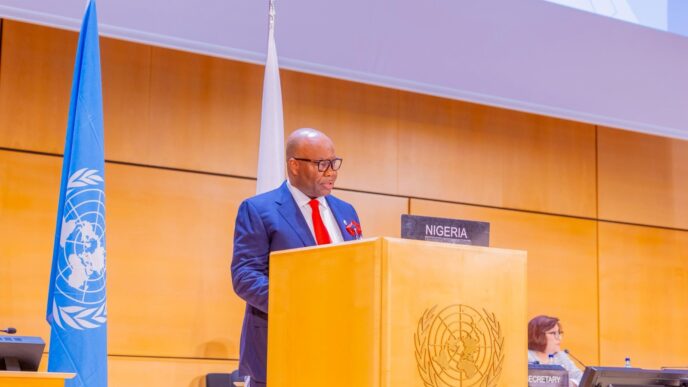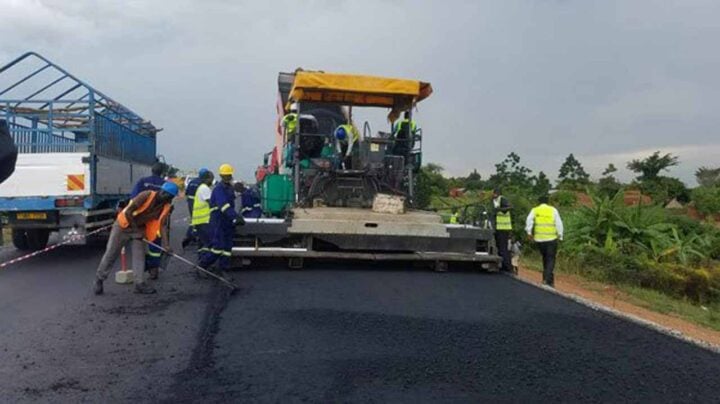Gill Lever, the United Kingdom's deputy high commissioner to Nigeria
Gill Lever, the United Kingdom’s deputy high commissioner to Nigeria, has condemned the killing of 33 kidnap victims by bandits in Banga town, Kaura Namoda LGA of Zamfara state.
The bandits killed the abductees on Sunday despite reportedly collecting a ransom of N50 million.
Residents, who spoke on the condition of anonymity, said the bandits later released 17 hostages, mostly women.
Speaking at the launch of the state expansion programme for the anti-kidnap fusion cell, an initiative of the National Counter Terrorism Centre (NCTC) in collaboration with the UK government, Lever described the incident as an “unspeakable crime”.
Advertisement
“I want to express my condolences to the people of Zamfara State, that horrible kidnap where even when ransom was paid, only a few people were released and the others were murdered,” she said.
“It’s an unspeakable crime that has impacts on society, on communities, on families.
“It damages people’s mental and physical well-being, retards economic progress and all the other things that we know well. And we must bring an end to this.
Advertisement
“We must stop this. We must limit this. Because we all feel passionately and keenly about the terrible impacts of kidnapping.”
Lever cited the multi-agency anti-kidnap fusion cell, a three-year initiative, as an example of a project designed to stir a collaborative response from Nigeria’s security forces to tackle the threat of kidnap across the country.
“It’s part of our overall strategic partnership, signed by our foreign ministers last year, and a partnership that’s based on mutual trust and mutual respect and mutual support,” she noted.
“The work that the UK Crime Agency has been doing with NCTC and the Nigerian police and other stakeholders, is very much grounded in those key principles and wanting to formulate a model that is for Nigeria,” she said.
Advertisement
“It’s not the UK imposing its idea of what a kidnap fusion centre should look like, but something that you as the experts, you as the people that experience the reality of kidnaps.
“We met at a security and defence partnership meeting over a few days in London a couple of weeks ago, and this step of rolling out the multi-agency fusion cell capability to states was something we agreed on.”
Lever expressed optimism that the programme will create a joint effect greater than efforts from individual security entities.
Advertisement
